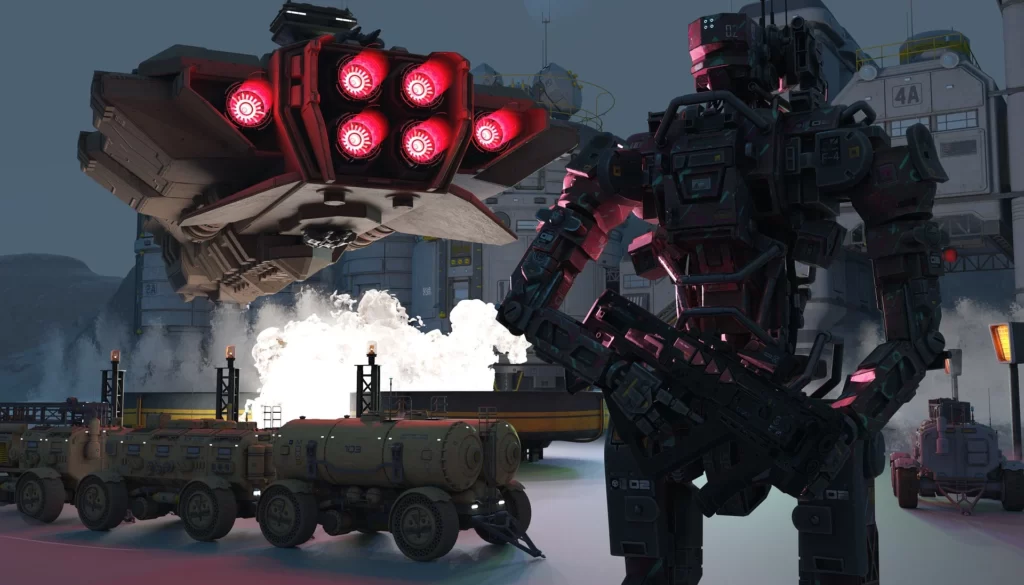Artificial Intelligence (AI) has reorganized various industries, and the travel and transport sector is no exception. With its potential to analyze data, learn patterns, and make recommendations, AI has outstandingly enhanced the efficiency, safety, and overall experience of travelers. In this blog, we’ll explore the diverse applications of AI in travel and transport, showcasing how this technology is reshaping the way we journey from one place to another.
Understanding AI in Travel and Transport
AI in Travel and Transport has become a game-changer, thanks to its transformative capabilities. This technology leverages machine learning and data analysis to offer innovative solutions to common challenges faced by the industry.
AI in Travel and Transport as Enhancing Customer Experience
Incorporating AI-powered chatbots in the customer service process has made interactions smoother and more responsive. These chatbots can answer queries, provide travel information, and even assist in booking flights or accommodations, making the overall experience more convenient for travelers.
Role of AI in Travel and Transport as Predictive Maintenance
With AI, travel and transport companies can predict maintenance requirements for their vehicles and aircraft. By analyzing data from sensors and historical maintenance records, AI algorithms can identify potential issues before they lead to breakdowns. This proactive approach ensures safer journeys and minimizes disruptions.
Leveraging AI for Route Optimization
AI algorithms can analyze real-time traffic data and provide optimal route suggestions to drivers and pilots. This not only reduces travel time but also enhances fuel efficiency, which is crucial for cost savings and environmental conservation.
Smart Luggage and Security
AI-powered luggage tracking systems help prevent the loss of baggage. Additionally, AI-based security systems, such as facial recognition and biometric authentication, enhance airport security protocols, making travel more secure and efficient.
Personalized Recommendations
AI analyzes travelers’ preferences and behaviors to offer personalized recommendations for destinations, accommodations, and activities. This level of personalization enhances the travel experience, ensuring that each journey is tailored to the individual.
Overcoming Language Barriers
Language barriers can be a challenge for travelers, but AI-powered translation apps and devices break down those barriers. Real-time translation features enable travelers to communicate effectively with locals, fostering deeper cultural experiences.
AI in Subheadings: Transforming Booking Processes
Streamlining Reservation Systems
AI streamlines the booking process by analyzing historical data and predicting peak travel times. This helps travelers secure reservations more conveniently.
Dynamic Pricing Strategies
Airlines and hotels use AI to adjust prices based on demand, time of booking, and other factors. This dynamic pricing strategy benefits both businesses and budget-conscious travelers.
Revolutionizing the In-Flight Experience
Cabin Crew Support
AI assists flight attendants by providing real-time passenger insights, dietary restrictions, and medical conditions, enabling them to deliver personalized service.
In-Flight Entertainment
AI curates entertainment options based on passengers’ preferences, ensuring a tailored entertainment experience during the flight.
Conclusion
Applications of AI in travel and transport are diverse and impactful, enhancing customer experiences, optimizing operations, and improving overall safety. From personalized recommendations to predictive maintenance, this technology continues to reshape the industry, making journeys more seamless and enjoyable.
FAQs
How is AI used in baggage handling?
AI is used to track and manage baggage, reducing the chances of lost luggage and improving the overall travel experience.
Can AI predict travel disruptions?
Yes, AI can analyze various data sources to predict potential travel disruptions and proactively address them.
Do you What is the role of AI in airport security?
AI magnifies airport security through facial recognition, biometric authentication, and behavior analysis to identify potential threats.
How does AI-powered route optimization work?
AI analyzes real-time traffic data and suggests the most efficient routes for travelers, minimizing travel time and fuel consumption.



